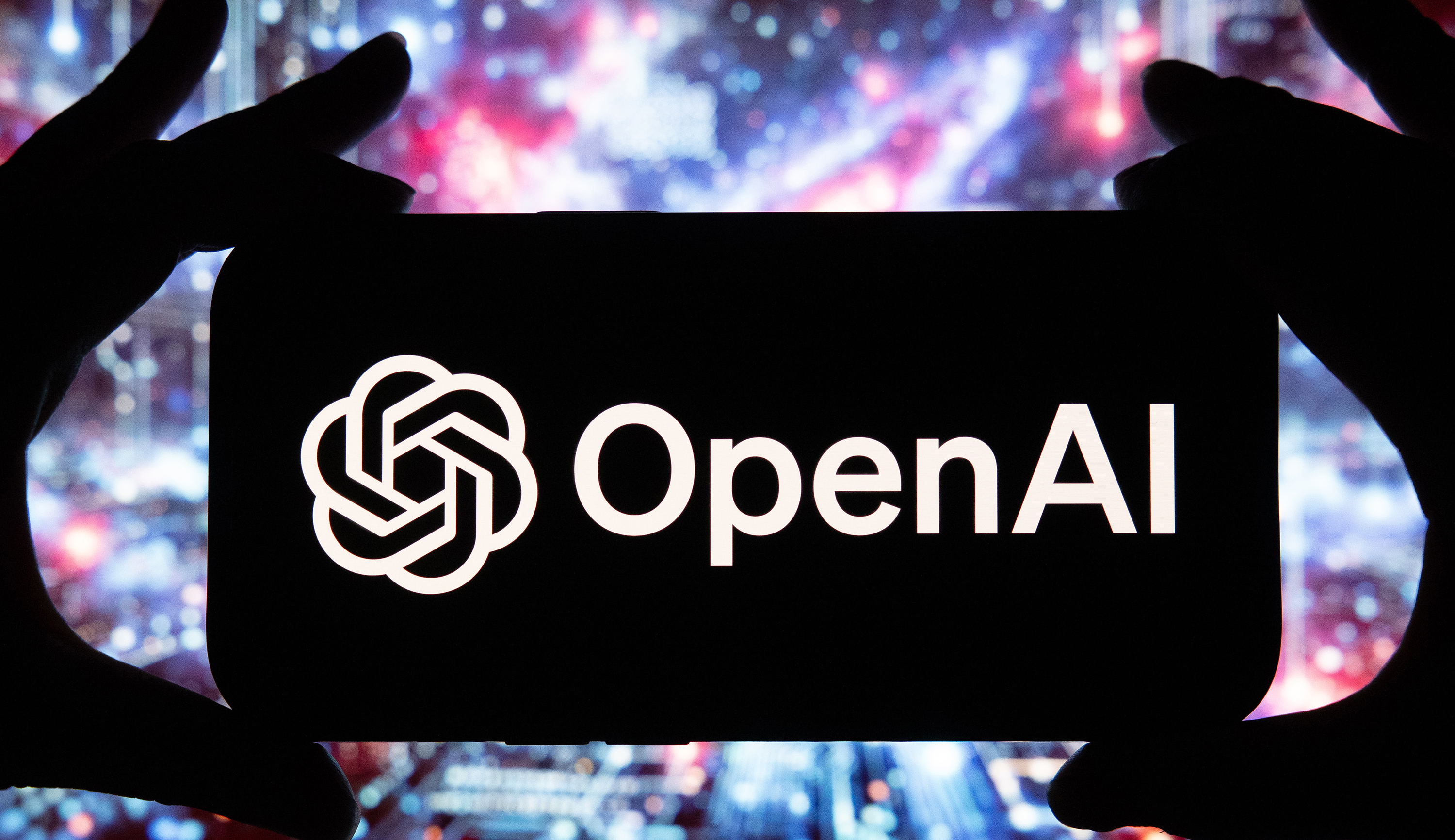I admired and hated the devious nature of OpenAI’s counterargument to The New York Times two weeks ago. The newspaper is suing the tech company for what it calls “free-riding” on its investment in journalism to train its AI models.
So, we arrive at this counter: OpenAI has asked the NYT to disclose journalists’ confidential notes to prove the originality of their reporting, underlining a significant point: journalism, like AI, often involves learning from existing material.
Author Jeff Jarvis aptly summarised this situation by pointing out that the NYT’s allegations against OpenAI essentially accuse it of doing what journalists do every day: reading and learning from various sources to create something new. In his testimony before a Senate Commerce subcommittee, Jarvis highlighted how journalism depends on fair use: the right to read and learn from existing content to inform reporting.
This fair use principle is also what AI developers rely on when training their models. I can hear journalists responding, “But reporting is to do good and this is to make a tech company rich.”
OpenAI’s stance is that reading and learning from publicly available content should not be restricted, as long as the output does not verbatim reproduce copyrighted material. This principle aligns with how journalists use existing information to create new reports and stories, often drawing from public domain materials and other sources.
The Press Gazette report says that OpenAI argues the NYT should only assert copyright infringement on portions of work that are original and exclusively owned by the NYT. This means that any information copied from other sources or in the public domain should not be considered infringing. The tech company is arguing that most of what goes in the newspaper is from other sources anyway.
The NYT views OpenAI’s demand for journalists’ notes as invasive and potentially harmful to journalistic integrity. It argues that such disclosures could hinder investigative journalism and set a dangerous precedent.
The NYT case is number one in my top five AI-related lawsuits. From copyright infringement to privacy issues, here are the others:
-
UMG Recordings vs Suno: Copyright infringement
This could be potentially massive. Universal Music Group (UMG), along with other major record labels like Sony Music Entertainment and Warner Music Group, has sued Suno, an AI music generation service. The lawsuit alleges that Suno has engaged in massive copyright infringement by copying and using vast amounts of copyrighted sound recordings to train its AI models without permission.
This unlicensed use threatens to devalue genuine human-created music by flooding the market with AI-generated content that competes with and diminishes the original works. I created a song called “Cold Rage” (about ice cream) using Suno a few weeks ago. Suno’s defence is that you can’t ask for a song that sounds like an artist (living or dead), but only request a certain genre.
-
Andre Dubus III & Susan Orlean vs Nvidia: Copyright infringement
Andre Dubus III and Susan Orlean have filed a lawsuit against Nvidia, accusing the tech giant of copyright infringement. Orlean wrote the book on which the wonderful movie Adaptation was based, which ironically I think about often when meditating on how I have pivoted into AI. The movie is largely about how changing your life is necessary to survive. It is also about letting your trauma go … which is kind of the opposite of filing a lawsuit.
However, the authors claim that Nvidia’s AI models have been trained on their copyrighted works without authorisation, potentially affecting their intellectual property and revenue from their creative works.
-
The Intercept Media vs OpenAI & Microsoft: Copyright infringement
The Intercept Media has sued OpenAI and Microsoft for allegedly using its copyrighted articles and content to train their AI models without proper licensing. The lawsuit focuses on the unauthorised reproduction and use of journalistic content, which is claimed to violate copyright laws and intellectual property rights.
-
Mike Huckabee & Others vs Meta Platforms: Copyright infringement
This one involves Meta. Mike Huckabee, along with several others, has sued the social media giant for copyright infringement. The lawsuit claims that Meta’s AI technologies have used the plaintiffs’ copyrighted works without authorisation, infringing on their intellectual property rights.
Honourable mentions
Author’s Guild vs OpenAI: Copyright infringement
The Author’s Guild, representing multiple authors, has brought a lawsuit against OpenAI. The complaint alleges that OpenAI’s models have been trained on copyrighted works without proper licensing, potentially affecting the authors’ control over their intellectual property and their financial interests.
AT & JH vs OpenAI & Microsoft: Privacy infringement
AT and JH have filed a privacy infringement lawsuit against OpenAI and Microsoft, claiming that the companies’ AI models have used personal and private data without consent, thereby violating privacy rights and data protection laws.
It is a good time to be a lawyer! DM
Develop AI is an innovative company that reports on AI, builds AI-focused projects and provides training on how to use AI responsibly.
Subscribe to Develop AI’s newsletter here.





